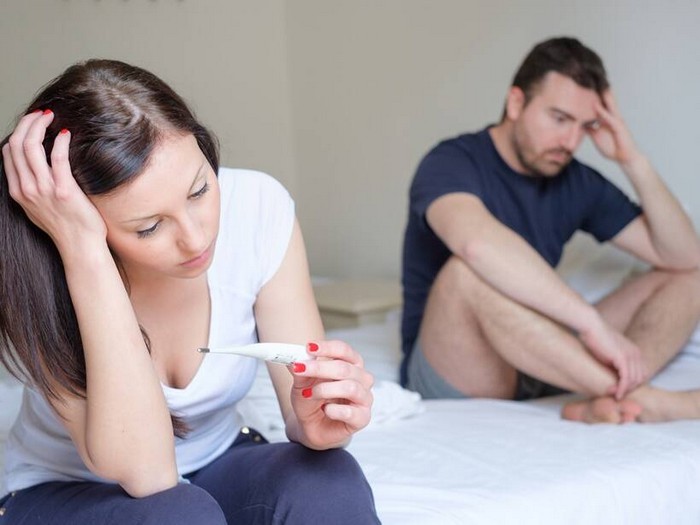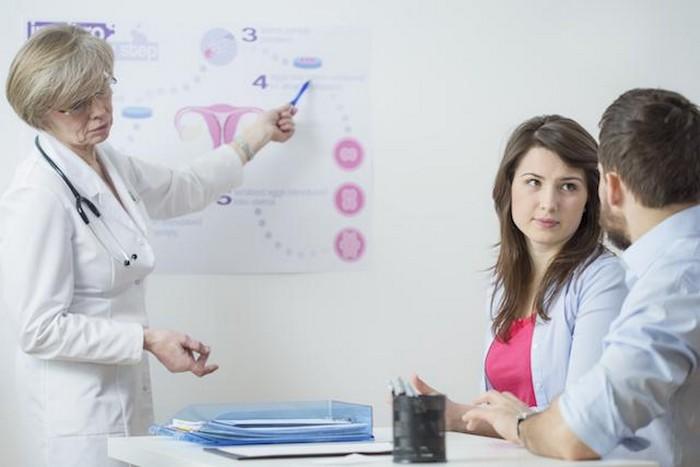Understanding the concept of fertility and the ideal timing to achieve pregnancy can seem like navigating a vast, intricate labyrinth, especially given the unique biological nuances each woman possesses. This article addresses the question: “When is the optimal time to conceive after a menstrual period?” It explores the fundamental mechanics of fertility, critical timelines, and practical steps towards a journey of conception.
Understanding Menstrual Cycle: Crucial to Conception
A profound understanding of the menstrual cycle is key to comprehending fertility windows. Generally, a typical menstrual cycle lasts around 28 days, ranging from 21 to 35 days in different women.
Phases of the Menstrual Cycle
The menstrual cycle can largely be divided into two phases: the follicular phase (day 1 to around day 14), starting with the first day of the period, and the luteal phase (roughly day 15 to 28), beginning after ovulation. These phases witness hormonal changes leading to the development of follicles, release of an egg, and preparation of the uterine lining for potential pregnancy.
Importance of Ovulation
Ovulation, which typically happens in the middle of the menstrual cycle, is when a mature egg is released from the ovary. This marks the beginning of a woman’s fertile window.
Pinpointing the Fertile Window
On average, the “fertile window” in a woman’s cycle is a six-day interval ending on the day of ovulation. This is the time when intercourse can lead to pregnancy, with the best chances being in the three days leading to and including ovulation.
Tracking Menstrual Cycles and the Fertile Window
Women who are trying to conceive can enhance their chances by tracking their menstrual cycles. This can be accomplished through various methods, including fertility charts, ovulation predictor kits, and fertility monitors. Tracking cervical mucus changes or basal body temperature can also provide insights about the fertile window.
Conception After Menopause: How Fast Is It Possible?
The possibility of conception is essentially tied to the timing of ovulation. Sperm has the potential to survive in a woman’s body for up-to five days. Thus, couples who have intercourse a few days before ovulation or on the day of ovulation itself have the highest chance of getting pregnant.
A Word of Caution: Understanding Variations in Cycle Lengths
Importantly, while understanding the timing of ovulation is critical to determining the fertile window, it’s worth remembering that cycle lengths can vary greatly among women and even from month to-month in the same woman.
Promoting Fertility: Lifestyle Choices and Preconception Care
While timing is paramount, it’s worth noting that certain lifestyle choices can boost fertility: maintaining a healthy weight, avoiding smoking and excessive alcohol, practicing regular exercise, and ensuring proper nutrition form the core pillars of such choices.
The Role of Pre-Pregnancy Health Checks
Pre-pregnancy health checks aim to identify and address any health issues that might impact pregnancy, further enhancing chances of conception.
When to Seek Professional Help
Couples who have been trying to conceive for a year without success (or for six months if the woman is over age 35) are advised to seek professional help. Infertility can result from factors affecting either partner and early intervention can significantly improve chances of successful conception.
Conclusion: The Perceptive Path to Conception
Understanding how to get pregnant requires a delicate blend of comprehension – knowing the intricacies of the menstrual cycle, recognizing the importance of the fertile window, staying vigilant about preconception care, and maintaining ideal lifestyle choices. While getting pregnant immediately after a period may not usually be possible due to biological patterns, timing intercourse to align with the fertile window significantly enhances pregnancy prospects. As every woman’s body and menstrual cycle are unique, this journey may require patience, empathy and occasionally, professional guidance.
Through it all, knowledge remains a powerful tool, enabling couples to navigate the fascinating path to conception fruitfully.


























